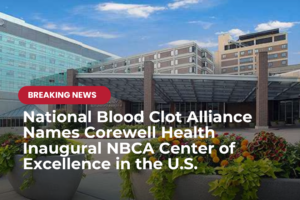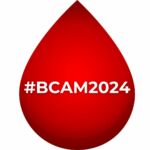Understanding Post-Thrombotic Syndrome
Up to 40 percent of people diagnosed with deep vein thrombosis or DVT will develop post-thrombotic syndrome (PTS), and the symptoms of PTS usually occur within the first six months to two years after experiencing the clot. PTS is a long-term complication of a blood clot. When the body tries to heal from a DVT, blood flow is sometimes not restored, and the valves in the veins are often damaged, causing leaks or blood to flow the wrong way. The resulting congestion can cause chronic pain, swelling, and fatigue. If the swelling is severe, skin breakdown may occur and can cause ulcers or open sores, which some people find difficult to heal.
Risk Factors for Post-Thrombotic Syndrome
- Recurrent clotting episodes in the same leg
- Persistent leg symptoms 1 month after a DVT
- Obesity
- Older age
- Location and size of clot — larger clots in the thigh or pelvic veins are riskier for PTS
Symptoms of Post-Thrombotic Syndrome
- Leg pain
- Swelling that gets worse after walking or standing for a long time
- Leg heaviness or fatigue
- Redness
- Spider veins
- New varicose veins
- Skin discoloration or thickening
- Leg ulcers or open sores
Simple Steps to Address PTS Symptoms
- Leg elevation may help with pain and swelling.
- Elastic compression stockings may help to alleviate symptoms of leg pain and swelling by improving blood flow in your legs. They have not been shown to reduce the occurrence of PTS, but they may be helpful to manage some PTS symptoms.
- Aerobic exercise and leg strengthening might be helpful for people who are cleared by their healthcare provider for this type of activity and can tolerate the physical exertion.




